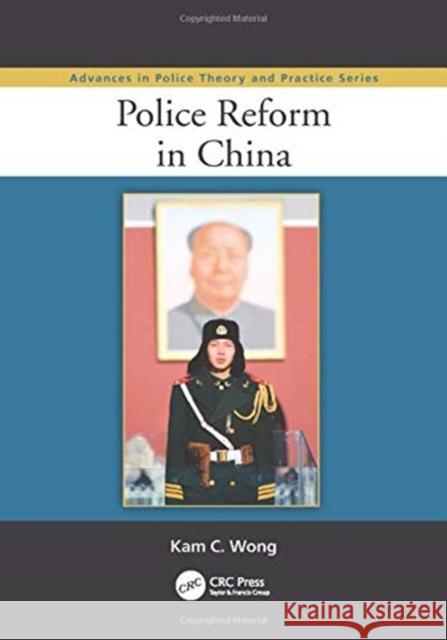Police Reform in China » książka
Police Reform in China
ISBN-13: 9781138111868 / Angielski / Miękka / 2017 / 413 str.
Police Reform in China
ISBN-13: 9781138111868 / Angielski / Miękka / 2017 / 413 str.
(netto: 357,68 VAT: 5%)
Najniższa cena z 30 dni: 352,57 zł
ok. 16-18 dni roboczych.
Darmowa dostawa!
With nearly 20 percent of the world's population located in China, what happens there is significant to all nations. Sweeping changes have altered the cultural landscape of China, and as opportunities for wealth have grown in recent years, so have opportunities for crime. Police Reform in China provides a rare and insightful glimpse of policing in the midst of such change. The book begins with a historical account of police reform in the region since 2000. Next, it discusses the difficulties encountered in trying to understand Chinese policing, such as outdated perceptions, misinformation, cultural ignorance, ideological hegemony, and problems with paternalistic attitudes. The book recommends studying China from a local perspective informed by local research and data, suggesting that understanding China requires a cultural shift to the Chinese way of life in "thinking" and, more importantly, "feeling." The author then summarizes selected policy papers from Gongan Yanjiu, a leading international policy journal. He first documents how the thinking and aspirations of various generations of Chinese leaders from Mao to Deng, and now Jiang and Hu, came to affect Chinese policing in theory and practice. He then addresses the emergence of a police legitimacy crisis as evidenced by the deterioration of public image and rebellions against police authority. Demonstrating how old ideologies are increasingly in conflict with the values and lifestyles of a new mentality, the book discusses steps that can be taken to improve professionalism. The final chapters investigate such problems as abuses of discretion and the improper use of firearms and highlight the importance of understanding the Chinese people, culture, values, and interests in order to truly effectuate successful police reform.











